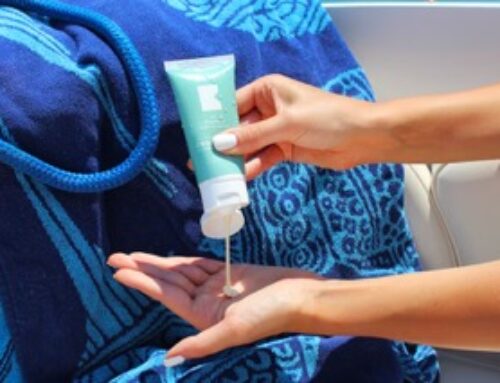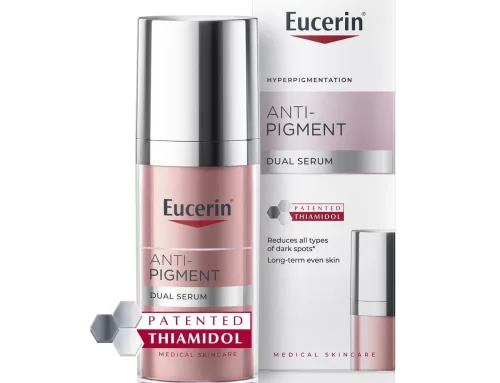Benzoyl peroxide (BPO) has long been trusted to tackle acne breakouts fast. But new research has revealed a surprising twist: benzene, a known carcinogen, has been found in many BPO products. So, is your acne treatment safe, or are you getting more than you bargained for?
The Surprising Benzene Problem
In a recent study published in the Journal of Investigative Dermatology, researchers found benzene in over a third of tested benzoyl peroxide products, and in some cases, at dangerously high levels. The tests, which sampled popular acne products from shelves across the U.S., showed that benzene contamination in some products exceeded FDA’s “acceptable” limit of 2 parts per million (ppm), with levels as high as 35.30 ppm in certain brands. Benzene appears to form in BPO products when exposed to heat or UV light, making storage and environmental factors a big deal.
Why Does Benzene Show Up in BPO?
The answer lies in BPO’s chemical structure. Under certain conditions, like high temperatures or prolonged exposure to sunlight, benzoyl peroxide can start to break down and form benzene. Essentially, when these products sit in hot warehouses or cars, they might be generating benzene without anyone realizing. Your acne treatment could be carrying a hidden hazard just from being left in the wrong environment.
Staying Safe: What You Can Do
The American Acne and Rosacea Society now suggests keeping BPO products in the fridge. Cold storage can slow down benzene formation and help keep your product stable. Also, avoid leaving BPO products in hot areas—no bathroom shelves in summer or glove boxes. And if you’ve had that same tube of BPO sitting around for a while, it might be time to refresh your stash every few months to limit the risk of benzene buildup.
Should the FDA Do More?
The FDA currently allows up to 2 ppm of benzene in some drug products, but this limit is for cases where benzene is necessary in production. Since BPO doesn’t need benzene, consumer advocates are pressing the FDA to go beyond current guidelines and crack down on benzene in acne products. After all, a skin treatment meant to help shouldn’t carry hidden risks.
Final Thoughts
The benzene problem in BPO products is a wake-up call for skincare safety. While BPO remains a powerhouse for acne, staying smart about storage and shelf life can help keep risks at bay. As consumers push for stronger regulations, this discovery is a reminder that we deserve safe and effective products without unwanted surprises.





